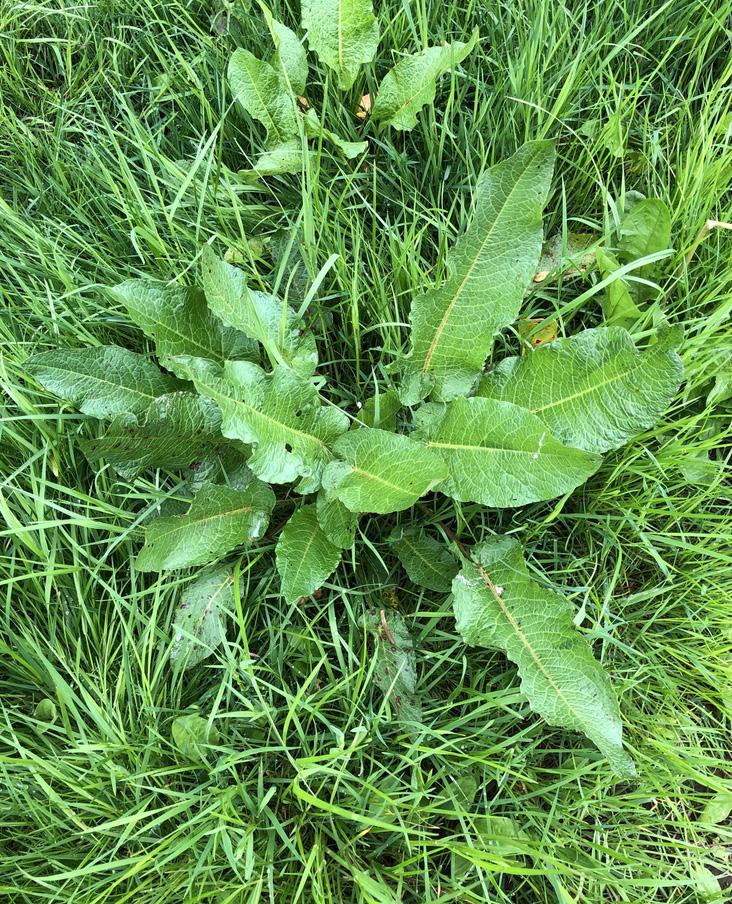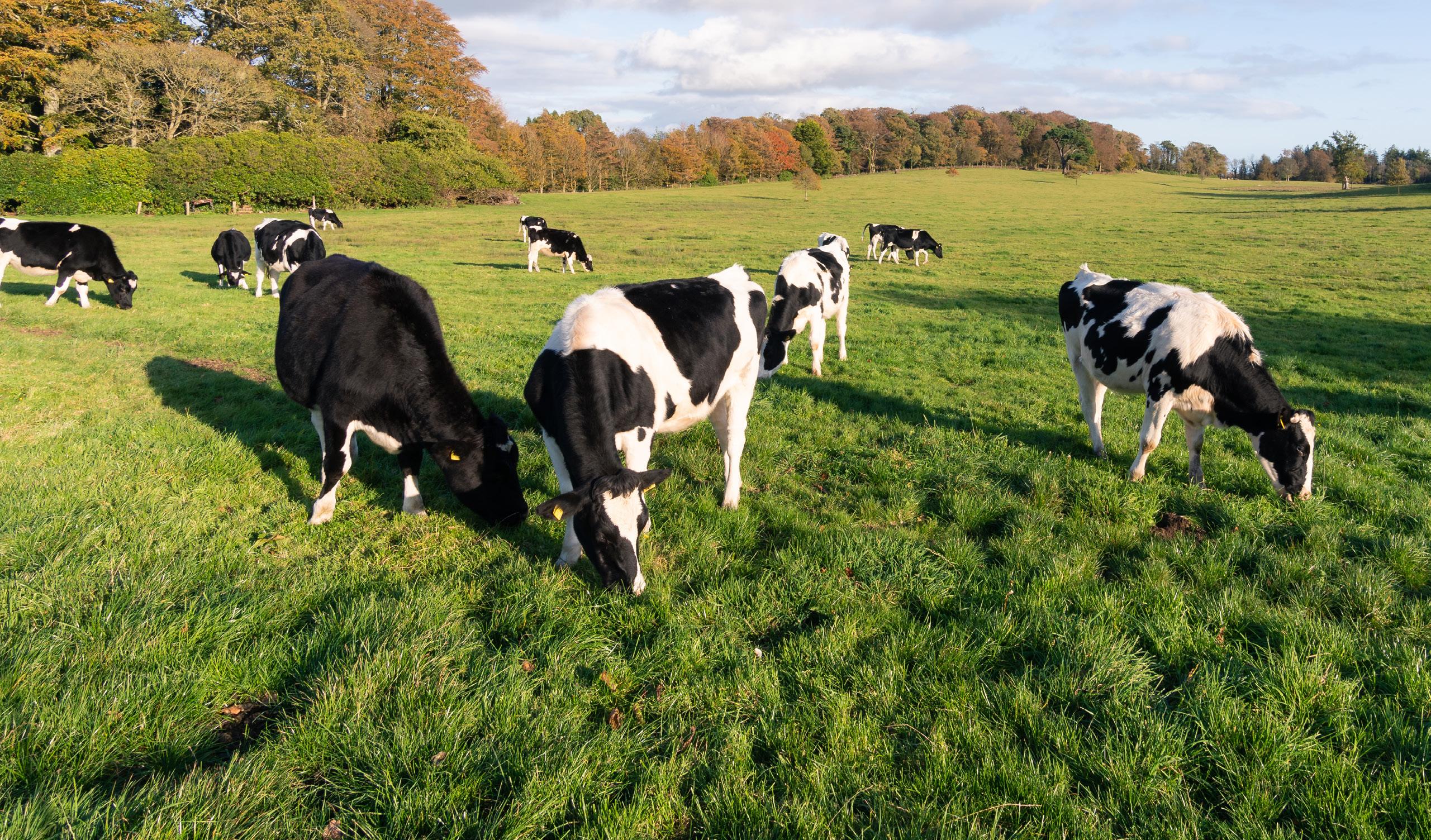

Clayton Docker™ Herbicide
Clayton Docker ™
Powerful, foliar-acting herbicide for control of broad-leaved dock and curled dock in established grassland, offering all-star performance and value.
Established Grassland
Active Ingredients: 150g fluroxypyr and 150g triclopyr.
• Powerful, high efficacy herbicide for dock control.
• Reduces weed competition to improve your grass yields and silage quality.
• Controlling docks improves your overall grassland utilisation.
EC Formulation Emulsifiable concentrate
• Effective dock control helps prolong the pasture life.
• Compliments our range of other grassland herbicides.
• Added assurance of Clayton’s trusted products and premium service.

Making grassland management decisions easier this season with Clayton Docker, a robust, dual formulation herbicide designed to add real value and high level weed control efficacy into your grassland programme. Offering a valuable, alternative choice to protect pastures in spring.
Delivering a co-formulation of powerful actives with fluroxypyr and triclopyr, Clayton Docker is a reliable onecan option for controlling docks this spring. USE RATE &
TARGET WEEDS (ON LABEL)
Weeds Time of application to crop
Broad-leaved dock, Curled dock
At the rosette stage up to 200 mm tall or across
Apply Clayton Docker at 2.0 litres/ha in 300 to 400 litres of water as an overall treatment in the autumn or spring for the control of docks. Use the higher volume of water where the weeds are large at the time of application and where the grass is dense.
Application timing of Clayton Docker is crucial for good control and must be made when the weeds and grass are actively growing to ensure good weed control and minimal check to the grass.
Docks should be treated in the rosette stage and within the size given above. It is important that there is sufficient leaf area for uptake of the herbicide. This is particularly true on well-established docks which will have an extensive tap root, but which early in the spring or soon after cutting may only have a few small leaves.
If the grass (and hence the weeds) has been cut for conservation hay or silage, or has been grazed, leave for 2 to 3 weeks to allow sufficient regrowth to occur before spraying.
To allow maximum translocation of Clayton Docker to the roots do not cut grass for 28 days after application.
On large well-established docks and where there is a large reservoir of seed in the soil a further control programme in the following year may be required.
OTHER WEEDS
Black bindweed (6TL), Chickweed, Cleavers, Cranesbill, Dead-nettle (4TL), Fat-hen (2TL), Forget-me-not (4TL), Hemp-nettle, Nettle (small, 100mm), Black nightshade (6TL), Pale persicaria, Scarlett pimpernel (Good control). Bristly ox-tongue, Charlock (2TL), Corn chamomile, Fool’s parsley, Fumitory (2TL), Knotgrass (2TL), Shepherd’s purse (2TL), Wild radish (2TL) (Moderate control).
ESTABLISHED GRASSLAND
Maximum Individual Dose: 2.0 litres product per hectare
Maximum Total Dose: 2.0 litres product/hectare/ annum
Latest Time of Application: 7 days before grazing or harvest
GRAZING INTERVAL
Exclude livestock during treatment and do not allow livestock to graze treated grassland for at least 7 days following treatment.
Where ragwort is present, users should consult the Code of Practice on How To Prevent The Spread Of Ragwort. Ragwort plants sprayed with this herbicide are more palatable with higher levels of toxins.
Animals should be excluded from treated areas until any ragwort has completely recovered or died and there is no visual sign of the dead weed.
Do not include any treated ragwort in hay or silage crops.
MORE INFORMATION
For further information on Clayton Docker, please refer to the product label and for information on compatibility tank mixes, please contact us at info@claytonpp.com
More Information
GRASSLAND
WEED CONTROL
